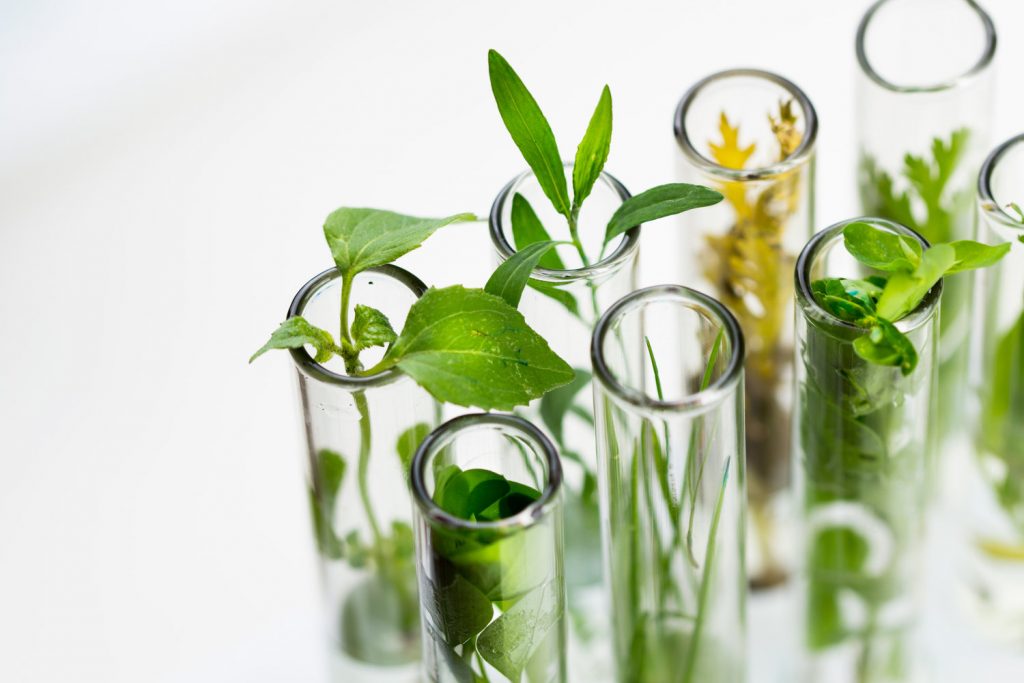For decades now, agriculture has been under pressure to flourish due to climate change, increasing population and reduced natural resources. With global population estimated to touch 9.7 billion by 2050, forcing food production to increase by 59% to 98%, the pressure on agriculture is mounting everyday. But the problem magnifies in the backdrop of the Covid-19 pandemic with disruptions in the agri supply chain right from making quality seeds available to farmers to growing the crop pest free to efficiently manage the crops post-harvest.

But before we had to face these challenges, we had a solution in hand in the form of biotech and seed science. GMOs are an answer to increase per area crop yields, reduce usage of crop protection solutions, shield the plants from harsh weather, grow quaility and nutritious food for our consumers, increase incomeand social status of our farmers. This blog retraces the impact of biotech crops documented over the years and showcases the benefits that it has provided to the farmers, consumers and the country.
- Bt cotton: The only approved Bt crop in India, cultivation of Bt Cotton has reported a net yield gain of 33-37.5 percent as compared to the non Bt varieties. In addition, it has reported significant reduction in usage of pesticides, thereby also providing a higher profit margin to the farmers. Access a detailed report here
- Bt brinjal: Bt Brinjal has a similar impact on farmer welfare and increased production in Bangladesh. Since they adopted Bt Brinjal in 2014, the 150,000 smallholder farmers have seen a 6-fold increase in net returns. Bt brinjal proved to be 100% effective in fighting FSB without pesticides and also safe for human consumption. Read this report to find out how Bangladesh is now a role model for rest of the world.
- Golden Rice: The philippines recognized the potential of Golden Rice to help fight Vitamin A deficiency that has helped provide 30-50% of average requirements of expecting mothers and monetary gains between $23-137 million. Read more in our blog here
- GMO Tomato: The potential of biotech is not limited to just income and nutrition. Mexican scientists have unlocked the possibility of developing GMO Tomatoes as edible vaccines for COVID19. This comes as a relief when worldwide 3.6 million people have been infected by the virus and over 100 vaccines have been tested without conclusive success. Using plants as a vaccine biofactory can also help address global epidemics like malaria, HIV, Hepatitis, Polio amongst others. Scientists have also been successful in initial tests of using GM carrots to cure Gaucher disease.
Since they have been adopted, biotech crops have led to a $186 billion increase in farm incomes, 8.4% reduction in use of pesticides and saved 184 million hectares of land from cultivation (see our infographic). If we do not give science a chance now, we will miss yet another opportunity to meet our #ZeroHunger goals.
